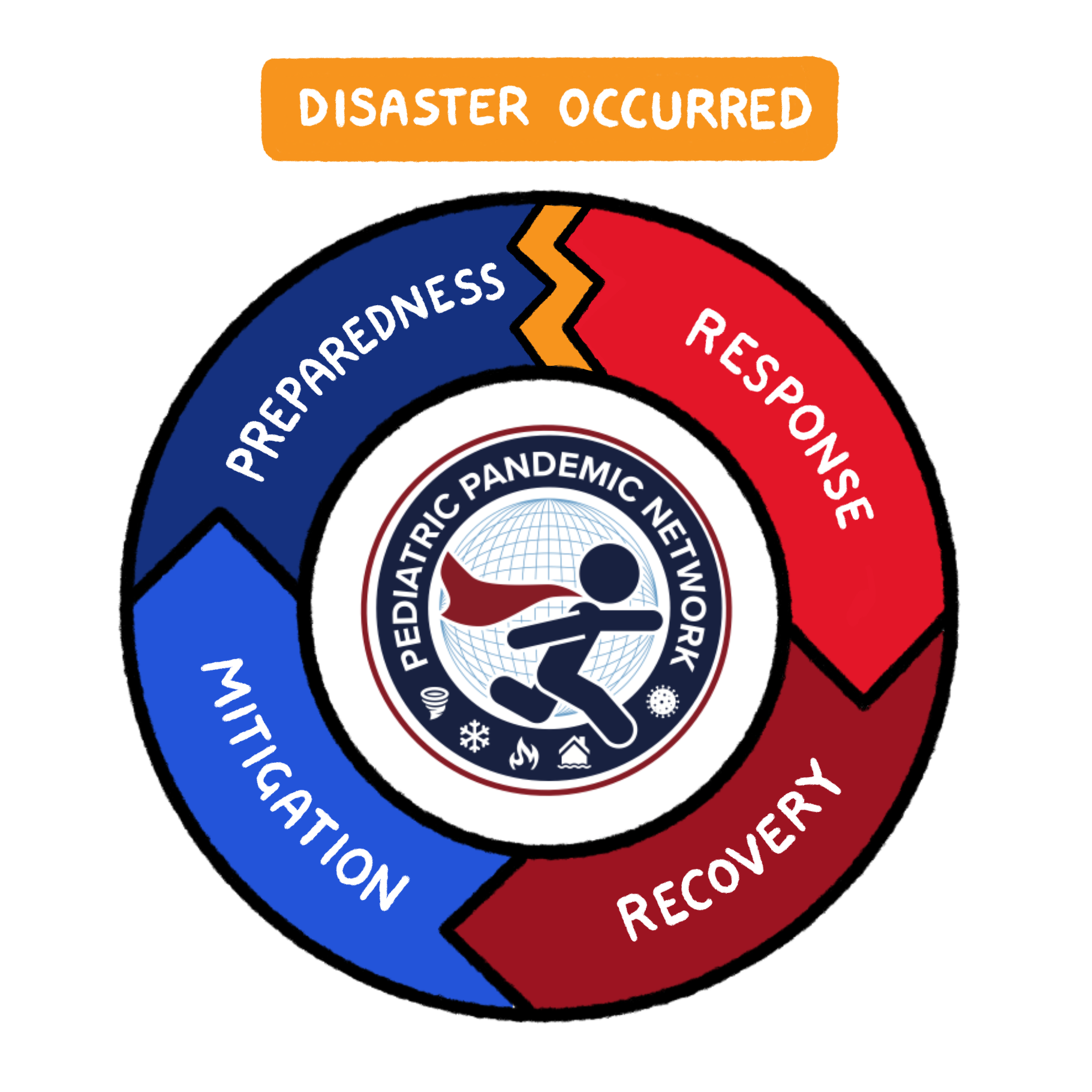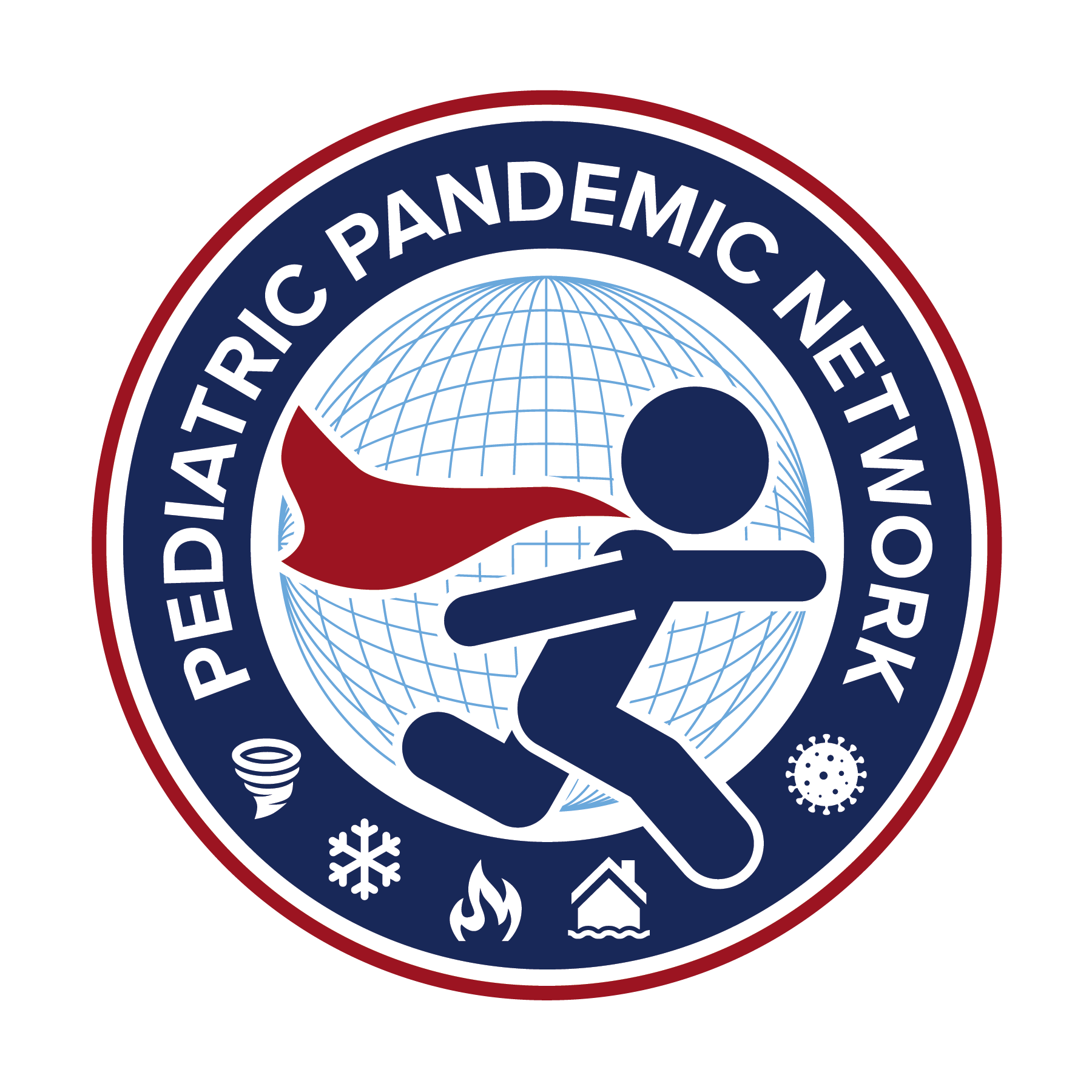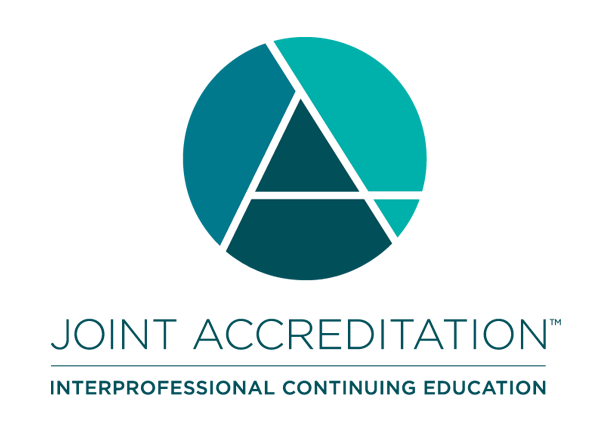Pediatric Behavioral Health in Disasters
 Welcome to the Pediatric Behavioral Health in Disasters Curriculum. The content presented will follow the four cycles identified in the disaster management cycle: Preparedness, Response, Recovery, and Mitigation. This curriculum is designed to be a primer in disaster mental health. Articles provide an overview of key concepts and resources with case examples to illustrate implementation of psychosocial approaches/interventions. Learners will receive guidance in providing just-in-time intervention, identify opportunities for professional growth, and actionable steps to improve everyday readiness.
Welcome to the Pediatric Behavioral Health in Disasters Curriculum. The content presented will follow the four cycles identified in the disaster management cycle: Preparedness, Response, Recovery, and Mitigation. This curriculum is designed to be a primer in disaster mental health. Articles provide an overview of key concepts and resources with case examples to illustrate implementation of psychosocial approaches/interventions. Learners will receive guidance in providing just-in-time intervention, identify opportunities for professional growth, and actionable steps to improve everyday readiness.
Published in January 2025 in Pediatrics, A State of the Art Review: Supporting Children's Mental Health Needs in Disasters summarizes the available evidence for the integration of behavioral health into the disaster phases with consideration of promoting equity in mental health, and identification of strategies and gaps in addressing pediatric mental health in disasters. This article serves as a framework on how healthcare systems can address children’s developmental, behavioral, social, and emotional needs in the context of disasters.
Curriculum Outline
Preparedness
I. Trauma: Risk Factors, Presentation, and Effects
II. Implementation of Psychological First Aid (PFA)
III. Ensuring the Safety of Children with Special Health Care Needs and Disabilities (CYSHCN) During Disasters
Response
I. A Trauma-Informed Approach to Supporting Survivors of Community Violence in a Hospital Setting
II. How to Support Resilience in Infants and Young Children Following a Catastrophic Event
III. Implementation of Skills for Psychological Recovery
Recovery
I. Taking the Fear out of Children’s Dreams Following a Disaster: The Wonder of Imagery Rehearsal Therapy
II. Cognitive-Behavioral Therapy for Insomnia: Using the Science of Sleep to Guide Treatment
III. Trauma-Focused Cognitive Behavioral Therapy in Response to a Disaster
Mitigation
I. Trauma-Informed Systems of Care
II. Risks and Mitigation of Secondary Trauma
III. Catastrophic Events: Behavioral Health Considerations in the Medical Home
Target Audience
- Nurses
- Nurse Practitioners
- Physicians
- Physician Assistants
- Psychologists
- Social Workers
Learning Objectives
- Identify key principles that should be considered when selecting screening instruments, delivering care, and assessing and measuring change that is consistent with a trauma-informed system of care
- Describe the presentation and typical trajectory of posttraumatic stress symptoms in children and adolescents experiencing a catastrophic event
- Describe application of psychosocial interventions that can be delivered in the immediate aftermath of a disaster as well as during response and recovery.
Acknowledgements
Produced by the
Pediatric Pandemic Network
pedspandemicnetwork.org
The Pediatric Pandemic Network is supported in part by the Health Resources and Services Administration (HRSA) of the U.S. Department of Health and Human Services (HHS) as part of cooperative agreements U1IMC43532 and U1IMC45814 with 0 percent financed with nongovernmental sources. The content presented here is that of the authors and does not necessarily represent the official views of, nor an endorsement by HRSA, HHS, or the U.S. Government. For more information, visit HRSA.gov.![]()
Attribution-NonCommercial-NoDerivatives CC BY-NC-ND
You are free to download and share this work for noncommercial purposes, as long as you credit the Pediatric Pandemic Network for the original creation.
Acknowledgement of Financial and In-Kind Commercial Support
No financial nor in-kind commercial support was received for this educational activity.
Kim Burkhart, Ph.D. in Clinical Psychology
Patty Davis, LSCSW, LCSW, IMH-E(III)
Patricia Frost, RN, PHN, MS, PNP
Carolyn Ievers-Landis, Ph.D., Diplomate in Behavioral Sleep Medicine (DBSM)
Hazel jeong, MD, MS
Eva Johnson
Kara Kowalczyk, MD
Matthew Krock, MSSA, LISW-S
Nisa Atigapramoj
Chris Kennedy, MD
Pavan Zaveri, MD, MEd
Joint Accreditation Statement
In support of improving patient care, this activity has been planned and implemented by Children’s National Hospital. Children’s National Hospital is jointly accredited by the Accreditation Council for Continuing Medical Education (ACCME), the Accreditation Council for Pharmacy Education (ACPE), and the American Nurses Credentialing Center (ANCC), to provide continuing education for the healthcare team. Children’s National Hospital Accreditation Provider# 4008362


Available Credit
- 4.00 AMA PRA Category 1 Credit™Children's National Hospital designates this Enduring activity for a maximum of 4.00 AMA PRA Category 1 Credit™. Physicians should claim only the credit commensurate with the extent of their participation in the activity.
- 4.00 ANCCChildren's National Hospital will provide 4.00 Nursing Contact Hours for this Enduring activity.
- 4.00 APAContinuing Education (CE) credits for psychologists are provided through the co-sponsorship of the American Psychological Association (APA) Office of Continuing Education in Psychology (CEP). The APA CEP Office maintains responsibility for the content of the programs. All confirmed participants will earn 4.00 CE credits upon successful completion of the learning event and evaluation.
- 4.00 ASWBAs a Jointly Accredited Organization, Children’s National Hospital is approved to offer social work continuing education by the Association of Social Work Boards (ASWB) Approved Continuing Education (ACE) program. Organizations, not individual courses, are approved under this program. Regulatory boards are the final authority on courses accepted for continuing education credit. Social workers completing this course receive 4.00 continuing education credits.
- 4.00 ParticipationSuccessful completion of this continuing education activity.

 Facebook
Facebook X
X LinkedIn
LinkedIn Forward
Forward